In the ever-evolving landscape of technology, the fusion of VR and AI is crafting a new paradigm in educational methodologies. This integration promises to transform the traditional classroom setting into an immersive and interactive experience, offering personalized learning paths for students. As we stand on the brink of this educational revolution, it is crucial to understand the implications for businesses and jobs in the sector. This article delves into how VR education and AI education are set to reshape the future of learning, highlighting the potential transformations and opportunities that lie ahead.
Transformations in the Educational Ecosystem
The Changing Role of Classroom Teaching
The integration of AI in education is poised to take over repetitive or administrative tasks such as grading, thus freeing educators to focus on more complex aspects of teaching. This shift does not imply the replacement of teachers but rather a significant transformation in their roles. Teachers will be empowered to concentrate on developing innovative pedagogical strategies and offering emotional and social support to students, enhancing the learning experience.
The Evolution of Textbook Publishing
With the advent of VR education, the demand for traditional textbooks is likely to wane. As educational content shifts towards digital and interactive formats suitable for VR environments, publishers who fail to adapt may find themselves sidelined. The future of textbook publishing lies in creating immersive educational experiences that engage students in ways that traditional textbooks cannot.
The Decline of Standardized Test Centers
The capabilities of AI to provide personalized assessments, coupled with VR’s ability to simulate test environments, might render physical test centers obsolete. Digital platforms offering flexible and adaptive testing methods are expected to become the norm, providing a more efficient and effective means of evaluating student performance.
Overhaul of Traditional Training Simulators
In fields such as medicine, aviation, and military training, expensive physical simulators could be replaced by VR simulations. These VR environments, powered by AI, offer a cost-effective and versatile alternative for training simulations, providing realistic and adaptive learning experiences.
The Transformation of Libraries and Archives
The role of physical libraries and archives is likely to evolve as digital archives and VR experiences offer novel ways to access historical and educational content. This shift towards digital access does not spell the end for libraries but signifies a transition to spaces that facilitate digital learning and access to a broader range of resources.
Streamlining Educational Administration
The automation capabilities of AI have the potential to streamline numerous administrative tasks within educational institutions. From scheduling to admissions, AI can significantly reduce the workload of administrative staff, allowing for more efficient operation of educational institutions.
Opportunities Amidst Transformation
The Rise of VR Content Creation and AI Tool Development
As the demand for immersive and personalized educational experiences grows, so too does the need for skilled professionals in VR content creation and AI tool development. This burgeoning sector offers significant opportunities for designers, developers, programmers, and educational experts to contribute to the next generation of learning tools.
The Emergence of EdTech Consultants
The integration of VR and AI in educational settings presents complex challenges and opportunities. EdTech consultants, with their expertise in these technologies and their application in education, will play a crucial role in guiding institutions through this transition.
Maintenance and Support for Emerging Technologies
The deployment of VR and AI technologies in education necessitates a dedicated support system to maintain and troubleshoot these systems. Technical support roles are expected to expand, offering opportunities for professionals with the skills to maintain the hardware and software integral to VR and AI education.
Ethical Considerations and Regulatory Compliance
The adoption of new technologies in education brings forth ethical challenges, including concerns about privacy and equitable access. Professionals specializing in navigating these ethical and regulatory landscapes will be increasingly in demand, ensuring that the benefits of VR and AI education are realized responsibly.
The intersection of VR and AI in education heralds a transformative era for the sector, characterized by immersive learning experiences and personalized educational paths. While this shift promises to enhance the learning experience, it also poses challenges to traditional businesses and jobs within the education sector. Adaptation and reskilling emerge as key themes for professionals and institutions in this new landscape. As we navigate the future of education, the focus must remain on leveraging these technologies to enrich learning while addressing the ethical and equitable access issues that accompany technological advancement. In doing so, we can ensure that the educational opportunities of the future are accessible to all.



